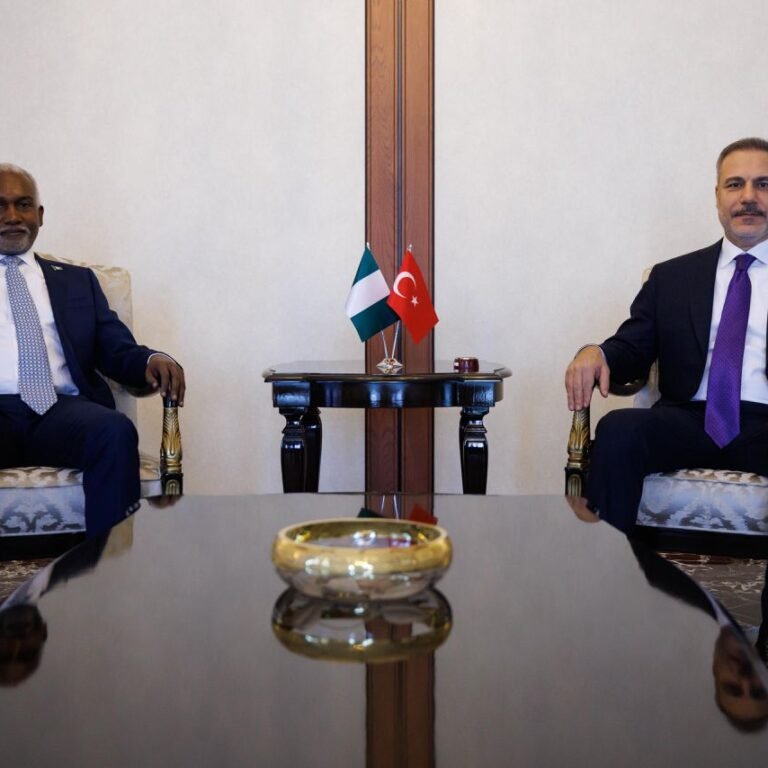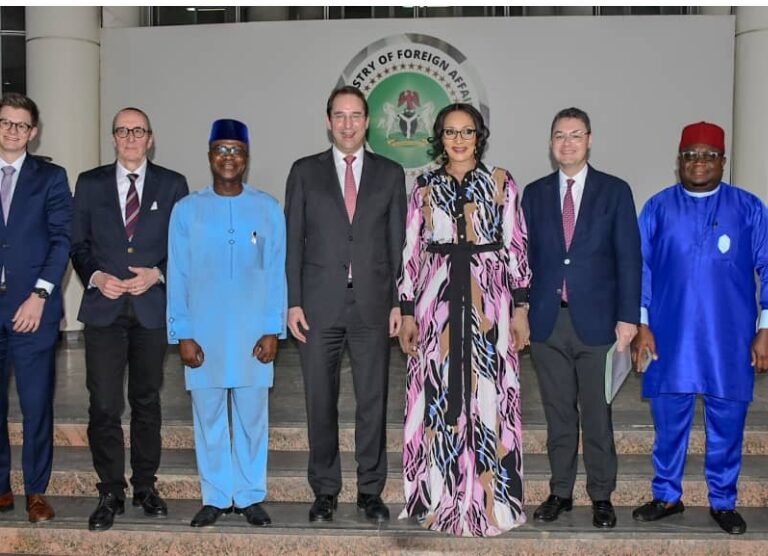
By Ameh Gabriel
Abuja, Nigeria — The Trans-African Tourism and Unity Campaign has arrived in Nigeria’s capital, Abuja, as part of its 40,000-kilometer journey across 39 countries to champion the vision of a visa-free and united Africa.
The caravan, which set out from Ghana’s historic Black Star Square, passed through Lomé, Cotonou, and Lagos before reaching Abuja on August 22. The campaigners were warmly welcomed by residents of the capital, a city they described as “a beacon of order, sustainability, and pride in Africa’s shared heritage.”
Speaking during the Abuja leg of the tour, the organizers emphasized the urgent need to dismantle visa barriers that continue to fragment the continent and undermine tourism, trade, and people-to-people ties.
“It is easier today for a West African national to obtain a Schengen visa than to visit some African countries,” the campaign noted. “That is the tragedy of our situation, and it must end.”
The campaign argued that the African Union’s Agenda 2063 vision of a borderless Africa was too far away for the continent’s youth, calling instead for the free movement of Africans to be achieved by 2030.
Highlighting examples, the movement praised Kenya and Benin for scrapping visa requirements for African nationals and urged bigger economies like Nigeria, Ghana, Algeria, and South Africa to follow suit.
With Africa’s population standing at 1.4 billion and a combined GDP of over $3.4 trillion, the campaigners stressed that tearing down visa restrictions could unlock massive opportunities in trade, job creation, tourism, and cultural exchange.
While in Abuja, the delegation visited Millennium Park, Jabi Lake, and the Arts and Crafts Village, describing the city as lush, serene, and symbolic of Africa’s potential. They also engaged with young Nigerians, whom they described as resilient and vital to the movement’s success.
The campaign is expected to continue through Cameroon, Equatorial Guinea, Gabon, the Democratic Republic of Congo, Angola, and several other countries before returning to Ghana in January 2026, after a 163-day journey across the continent.
As the group departs Abuja, it is urging Africans to sign petitions, engage lawmakers, and demand a borderless future that fosters unity and prosperity.
“Abuja shines, and so can Africa,” the organizers declared. “We don’t need to wait until 2063. A visa-free Africa is possible by 2030 if our leaders act now.”








